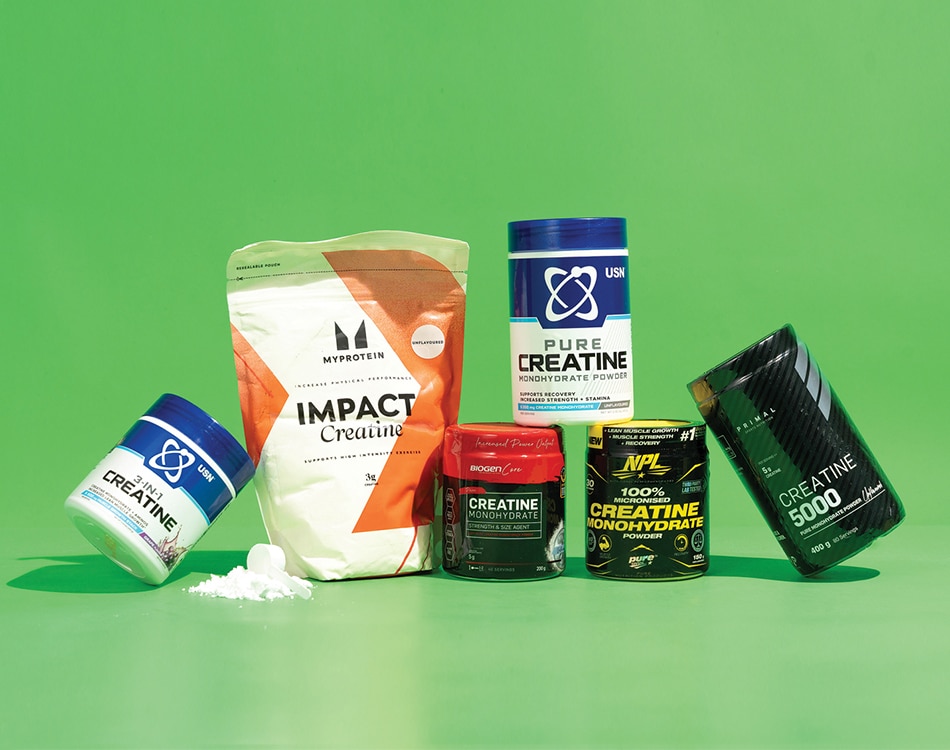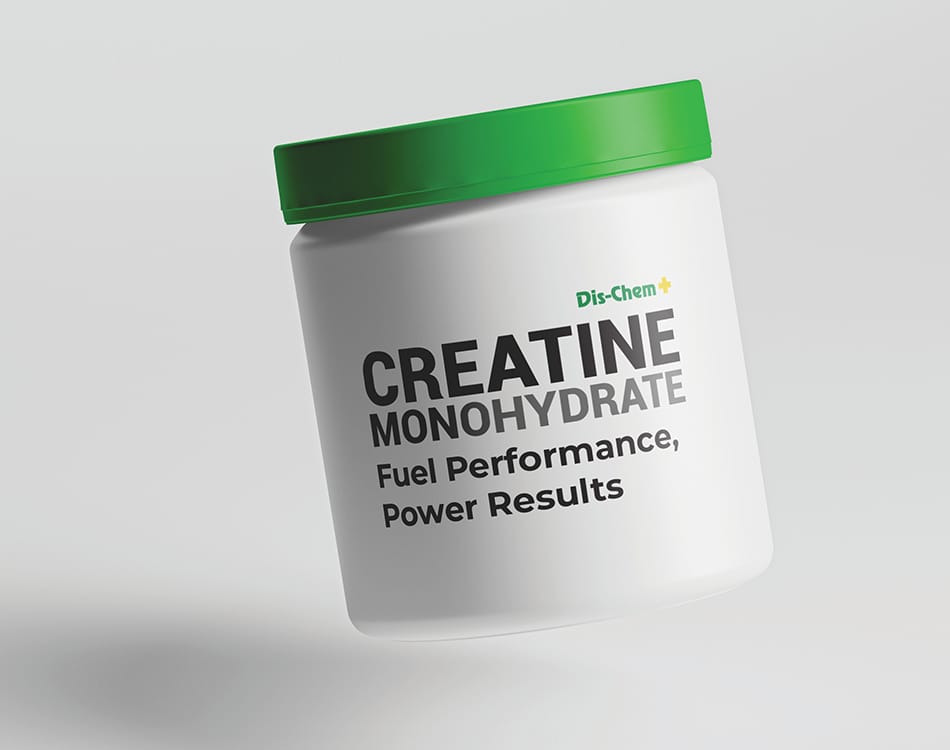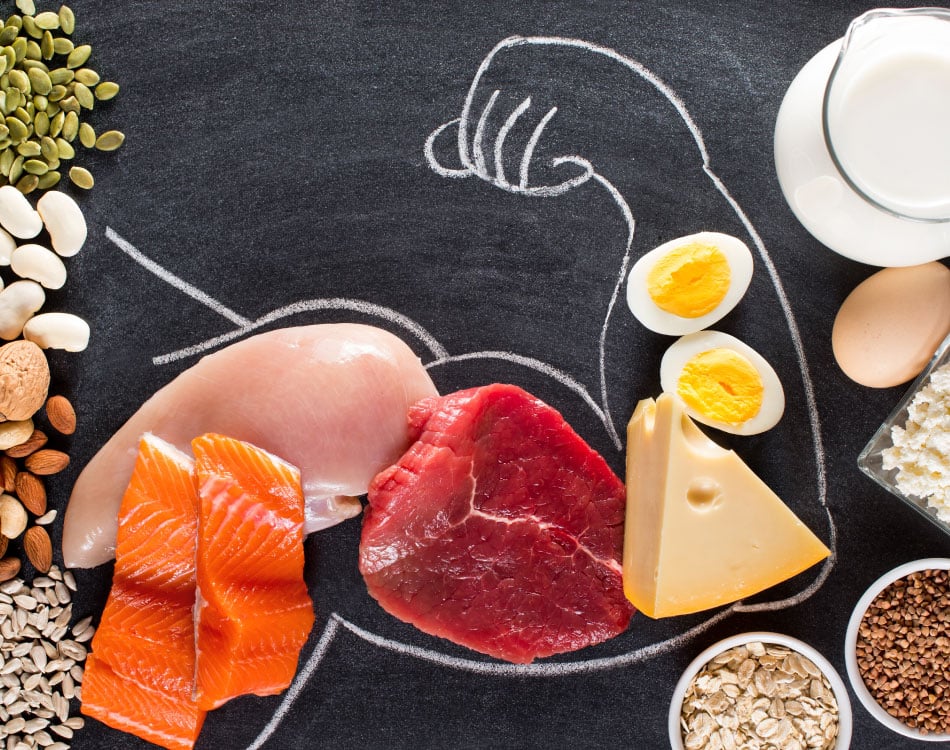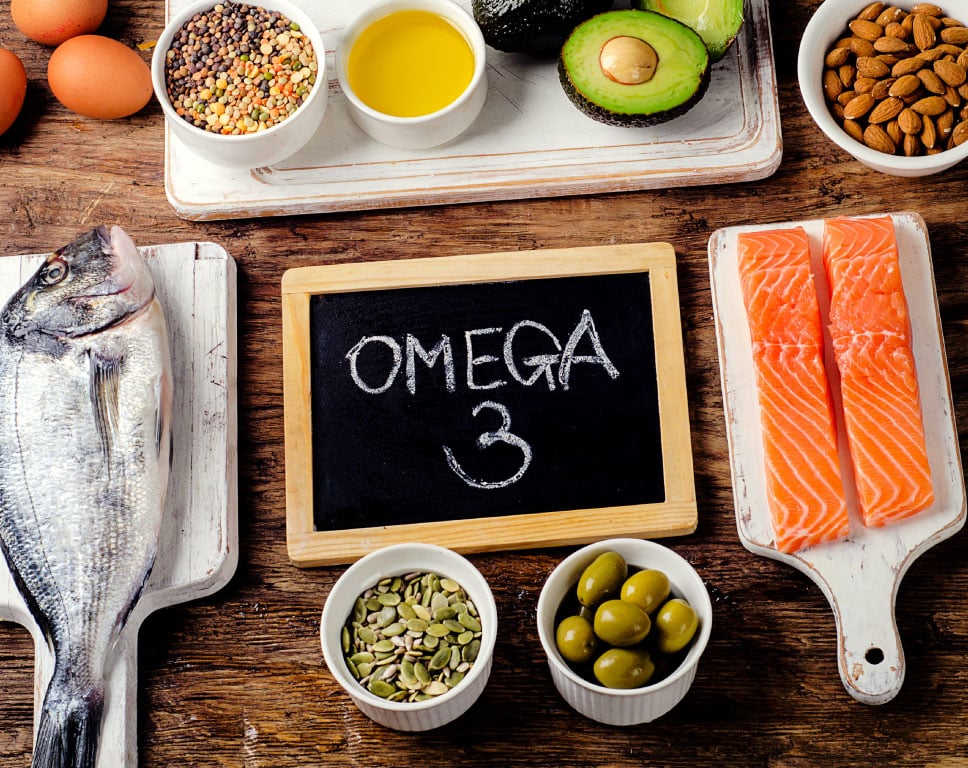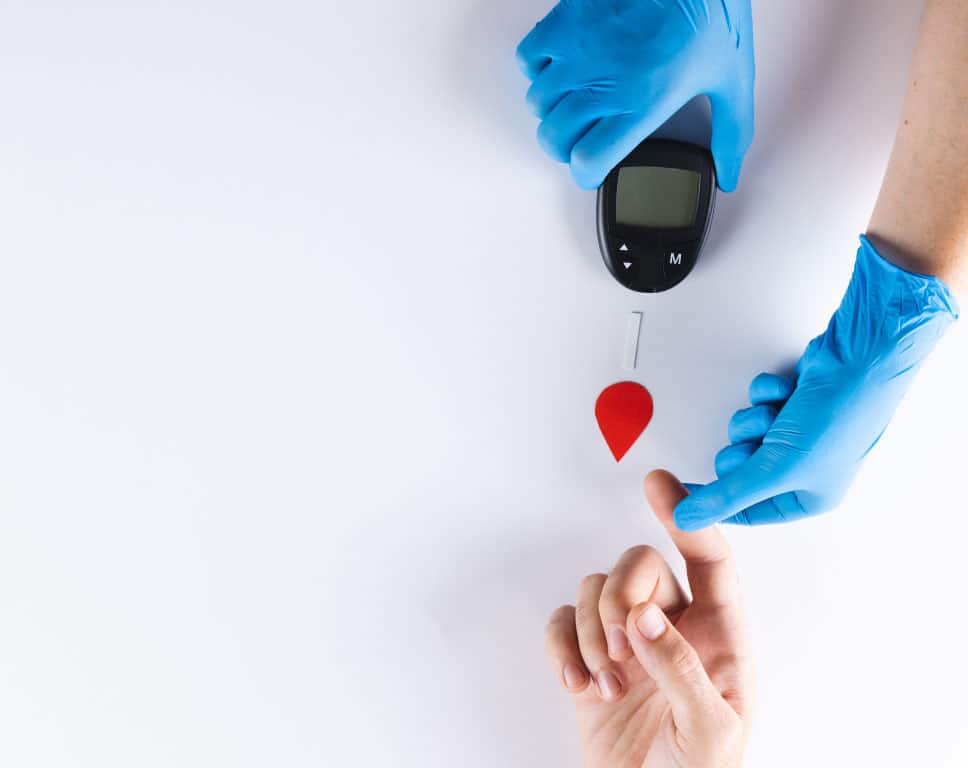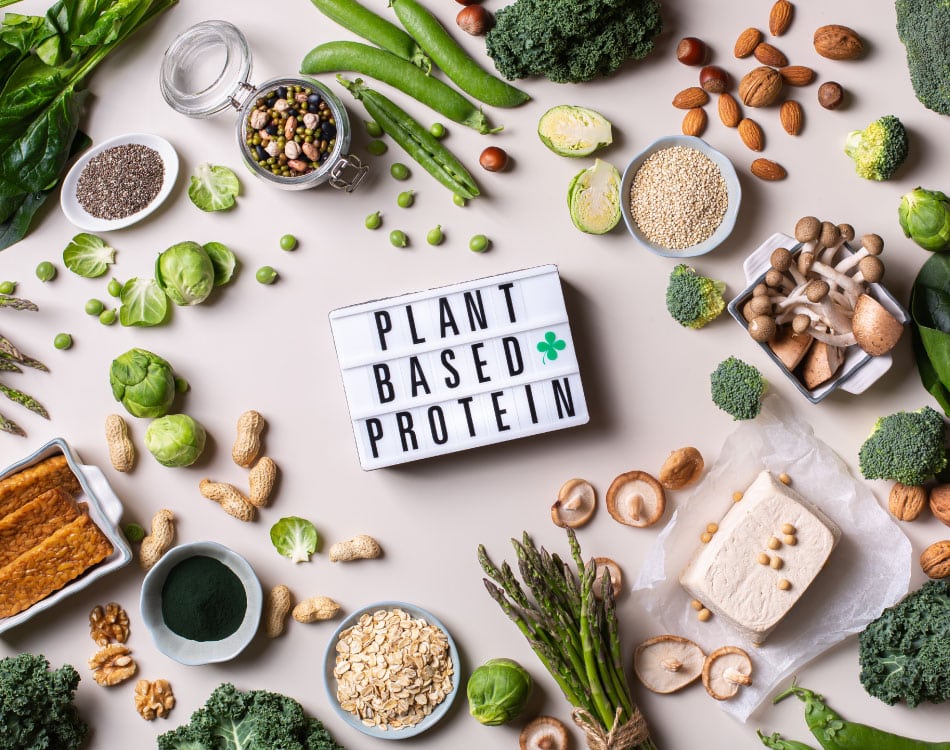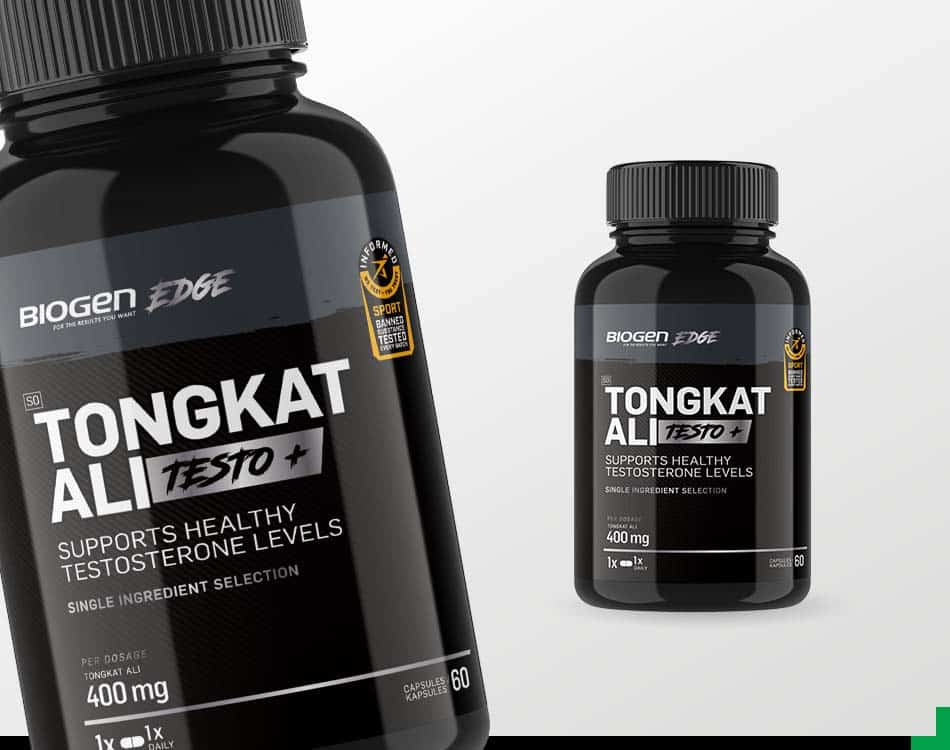Much like the foods, drinks and supplements you ingest, your body also digests and absorbs micronutrients from your vitamins and minerals in different ways and at different rates.
That means it is best to consume certain vitamins and minerals alongside meals – either before or after – while it is best to take others away from meals.
READ MORE | Supplement Smartly For The Best Benefits
Stick to label recommendations
In general, it is always best to take vitamin and mineral supplements as directed on the supplement label or according to personalised recommendations from a suitably qualified doctor or healthcare professional.
Certain vitamin and mineral supplements have specific instructions regarding timing, such as taking them in divided doses or at specific intervals.
The other consideration is your meal composition, as certain vitamins and minerals are water-soluble while others are fat-soluble.
READ MORE | Know Your Nutrients: We Discuss The Differences Between Micro- And Macronutrients
Water-soluble micronutrients
Water-soluble vitamins and minerals dissolve in water and are absorbed into the bloodstream directly from the gastrointestinal tract. They are not stored in the body to a significant extent1.
Water-soluble vitamins include:
- Vitamin C (Ascorbic Acid)
- Vitamin B1 (Thiamine)
- Vitamin B2 (Riboflavin)
- Vitamin B3 (Niacin)
- Vitamin B5 (Pantothenic Acid)
- Vitamin B6 (Pyridoxine)
- Vitamin B7 (Biotin)
- Vitamin B9 (Folate or Folic Acid)
- Vitamin B12 (Cobalamin)
Water-soluble minerals include:
- Potassium
- Sodium
- Chloride
- Magnesium
- Calcium (technically, it is slightly soluble in water)
- Phosphorus
- Zinc
- Manganese
- Chromium
- Selenium
Generally, you can take most water-soluble vitamins and minerals with meals (before or after) to enhance their absorption.
Unless you take a single multivitamin and multi-mineral complex, it may be beneficial to spread your water-soluble vitamin and mineral intakes across your meals rather than taking them all at once at breakfast. This helps maintain a consistent supply of these nutrients for the body to utilise, as the body cannot store them.
READ MORE | Get A B-Vitamin Boost For Improved Health, Vitality And Performance
Fat-soluble micronutrients
Fat-soluble vitamins require a fat source for the body to absorb them. And unlike water-soluble vitamins, your body can store these micronutrients in fatty tissues and the liver for future use2.
Fat-soluble vitamins include:
- Vitamin A (Retinol)
- Vitamin D (Calciferol)
- Vitamin E (Tocopherol)
- Vitamin K (Phylloquinone, Menaquinone)
While no minerals are classified exclusively as fat-soluble, some require the presence of fat for optimal absorption. These include:
- Calcium
- Iron
- Magnesium
- Phosphorus
- Zinc
- Copper
- Selenium
As such, consuming supplements that contain these micronutrients alongside meals that include a source of dietary fat will help to improve their absorption and utilisation by the body3.
READ MORE | Forget Your Fat Phobia: Not All Fats Are Bad For You
Combine and conquer
It is also worth noting that some vitamins work best when combined with others. Good combinations to consider include vitamin D and calcium4, and vitamin C and iron5. Ascorbic acid, the active form of vitamin C, can help improve iron absorption when consumed alongside iron-rich foods or supplements.
And there are combinations that can hamper our ability to absorb some substances. For instance, avoid consuming calcium alongside as iron supplements, as calcium can hinder iron absorption6.
READ MORE | 5 Vitamins And Minerals That Could Boost Your Immune System This Winter
The lone ranger
Lastly, certain micronutrients do their best work alone. For example, iron supplements (generally only recommended for individuals with diagnosed iron deficiency or anaemia) are ideally taken on an empty stomach away from meals to enhance absorption7.
You can also take chelated mineral supplements on an empty stomach8 because chelation binds a mineral to an acid, which means it doesn’t rely on your stomach acid to break it down. Calcium citrate and magnesium glycinate are the main products available in this form.
You can also take vitamin B12 at any time, with or without meals, as it is generally well-absorbed regardless.
References:
- Hamid M. Said. Intestinal absorption of water-soluble vitamins in health and disease. Biochem J. 2011 Aug 1; 437(3): 357–372. doi: 10.1042/BJ20110326. https://www.ncbi.nlm.nih.gov/pmc/articles/PMC4049159/
- J. Clifford and A. Kozil. Fat-Soluble Vitamins: A, D, E, and K, Fact Sheet No. 9.315. Colorado State University Extension. https://extension.colostate.edu/topic-areas/nutrition-food-safety-health/fat-soluble-vitamins-a-d-e-and-k-9-315/
- National Cancer Institute (.gov) https://www.cancer.gov/publications/dictionaries/cancer-terms/def/fat-soluble-vitamin
- Natasha Khazai, Suzanne E. Judd, et al. Calcium and Vitamin D: Skeletal and Extraskeletal Health. Curr Rheumatol Rep. 2008 Apr; 10(2): 110–117. doi: 10.1007/s11926-008-0020-y.https://www.ncbi.nlm.nih.gov/pmc/articles/PMC2669834/#:~:text=Without%20adequate%20vitamin%20D%2C%20the,%25%20%5B1%E2%80%A2%E2%80%A2%5D.
- S R Lynch, J D Cook. Interaction of vitamin C and iron. Ann N Y Acad Sci. 1980;355:32-44. doi: 10.1111/j.1749-6632.1980.tb21325.x.https://pubmed.ncbi.nlm.nih.gov/6940487/#:~:text=Ascorbic%20acid%20facilitates%20iron%20absorption,combat%20nutritional%20iron%20deficiency%20anemia.
- Bo Lönnerdal. Calcium and iron absorption–mechanisms and public health relevance. Int J Vitam Nutr Res. 2010 Oct;80(4-5):293-9. doi: 10.1024/0300-9831/a000036.https://pubmed.ncbi.nlm.nih.gov/21462112/#:~:text=Studies%20on%20human%20subjects%20have,at%20risk%20of%20Fe%20deficiency.
- L Hallberg, E Björn-Rasmussen, et al. Absorption from iron tablets given with different types of meals. Scand J Haematol. 1978 Sep;21(3):215-24. doi: 10.1111/j.1600-0609.1978.tb00356.x.https://pubmed.ncbi.nlm.nih.gov/715374/
- Rita Wegmüller, Fabian Tay. Zinc absorption by young adults from supplemental zinc citrate is comparable with that from zinc gluconate and higher than from zinc oxide. J Nutr. 2014 Feb;144(2):132-6. doi: 10.3945/jn.113.181487. Epub 2013 Nov 20. https://pubmed.ncbi.nlm.nih.gov/24259556/


